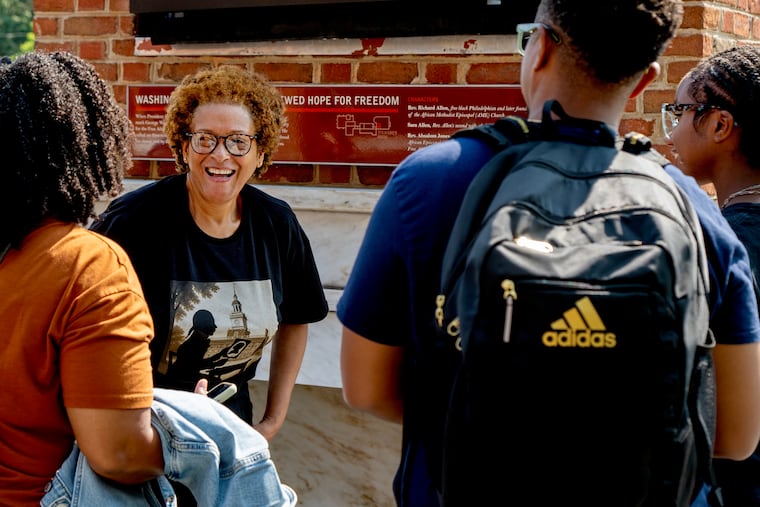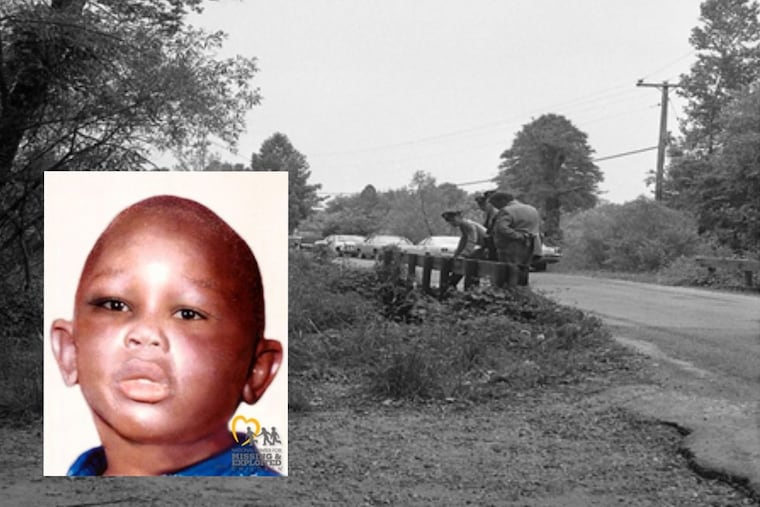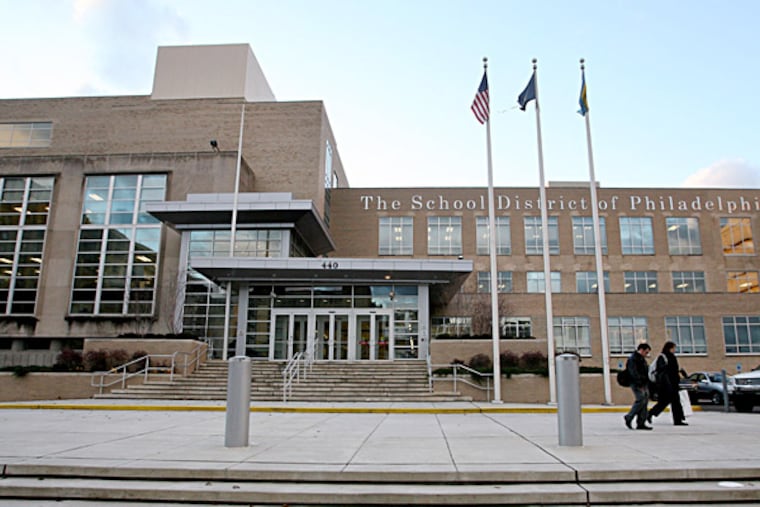Efforts Underway to Preserve Comprehensive American History for Future Generations and Honor Ancestral Legacy
In a significant effort to preserve and tell the intricate history of slavery and freedom in America, the project “President’s House: Freedom and Slavery in the Making of a New Nation” serves as a pivotal reminder of the complexities surrounding the nation’s foundation. The exhibit, which opened on December 15, 2010, on Independence Mall in Philadelphia, is dedicated to acknowledging the nine Black individuals enslaved by President George Washington. This initiative is a culmination of years of advocacy aimed at ensuring their stories are integrated into the broader national narrative.
Historical context underscores the importance of this acknowledgment. Prior to the Civil War, laws prohibiting the education of enslaved individuals deprived them of the tools needed to document their own histories. Instead, African Americans relied on musical traditions as a form of storytelling and cultural expression. Notably, the work of poet James Weldon Johnson, who asserted that spirituals encapsulated the experiences and thoughts of Black individuals over centuries, highlights the significance of music in preserving history in the face of adversity.
In an ongoing effort to ensure that Black history remains visible and relevant, initiatives like the “Message In Our Music” exhibit at the Historical Society of Pennsylvania showcase the vital role that music has played in the Black community from the 1770s to the 1970s. The exhibit features works such as “Befo’ de War Spirituals: Words and Melodies,” which includes iconic songs that reflect the struggles and triumphs of African Americans.
Modern activists continue to raise their voices against attempts to dilute or obscure this history. In light of recent trends aiming to revise historical narratives, initiatives such as the Data Rescue Project and Archiving The Black Web (ATBW) are crucial in preserving digital content that documents the Black experience. Through webinars and training, these projects equip new generations with skills to safeguard essential online narratives.
The future of historical preservation is also shifting toward digital innovation. Plans are underway to create a comprehensive digital replica of the President’s House, utilizing advanced technologies to reconstruct not only the structure but also to tell the stories of the enslaved individuals who lived there. This venture will allow for an inclusive narrative that is accessible to a global audience, ensuring that history is neither forgotten nor misrepresented.
In this digital age, the use of AI to generate avatars of historical figures from Washington’s time poses both opportunities and challenges. These avatars, based on documented descriptions, aim to engage visitors in interactions that bring history to life while maintaining adherence to factual integrity. Still, concerns remain regarding the potential for historical revisionism, as seen in contemporary political rhetoric that encourages the dismissal of well-established truths.
The commitment to preserving the legacy of those who fought against oppression is vital. As these projects move forward, they serve as a testament to the ongoing struggle for recognition and equity, ensuring that the complex and often painful histories of enslaved individuals are honored and remembered. The President’s House.ai initiative, set to launch in 2026, aims to be a platform where these narratives can be experienced in thoughtful, enlightening ways, reminding society of its past and the importance of collective memory.
Media News Source.







